Horizon
Season 54
s54e01 / What's The Right Diet For You?
12th Jan '15 - 9:00pm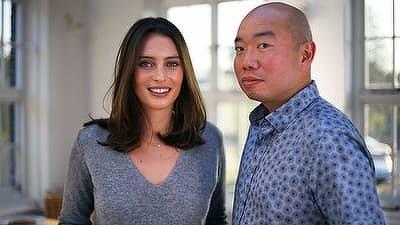
The would be dieters are followed through an intensive 5-day analysis at a residential diet lab at Liverpool Hope University. Whilst there they have to undergo a series of experiments run by the obesity scientists to look at whether their eating behaviour matches biological and psychological test results.
s54e02 / What's The Right Diet For You? (2)
13th Jan '15 - 9:00pm
The dieters leave the lab and take their diets home where they face the challenge of sticking to their weight loss plans with all the stresses and temptations of their every day lives.
s54e03 / What's The Right Diet For You? (3)
14th Jan '15 - 9:00pm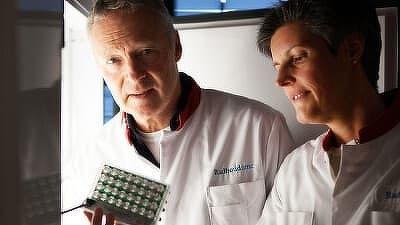
The show discovers how personalised dieting can work for the volunteers in the long term.
s54e04 / Secrets of the Solar System
3rd Mar '15 - 9:00pm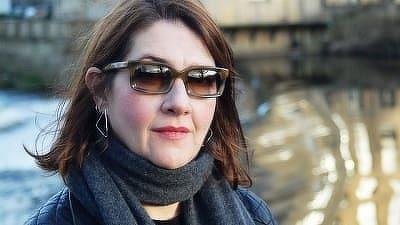
The show reveals that far from a simple story of stable objects orbiting a star, the development of the Solar System was a potent combination of hellfire, chaos and planetary pinball.
s54e05 / Aftershock
10th Mar '15 - 9:00pm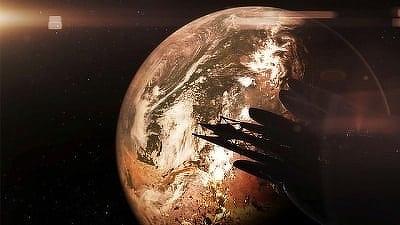
The show comes from the South Pole to tell the inside story of one of the greatest scientific quests of our time. In March 2014, there was a discovery that made headlines around the world, with evidence from the Big Bang itself.
s54e06 / Dancing in the Dark
17th Mar '15 - 9:00pm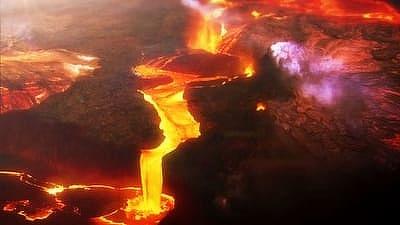
Scientists are not sure what most of the universe is made of, with atoms accounting for only four per cent of it and the hypothetical dark matter and energy making up the rest. The Large Hadron Collider at Cern has recently been upgraded and there is now hope is that it will enable researchers to identify the nature of dark matter and reveal its true secrets.
s54e07 / 70 Million Animal Mummies: Egypt's Dark Secret
11th May '15 - 9:00pm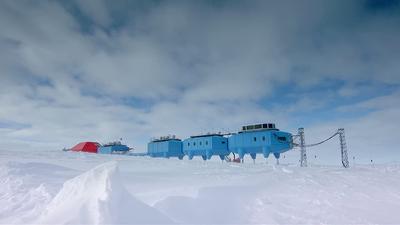
The show uses modern technology as Egyptian animal mummies are scanned from museums around the world. 3D images are created of their content and experts are then able to find out the truth about the strange role the creatures played in the ancient civilisation's beliefs.
s54e08 / Is Binge Drinking Really That Bad?
20th May '15 - 9:00pm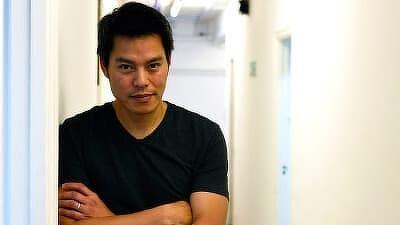
Chris and Xand van Tulleken take a look at how drinking can be bad for your health.
s54e09 / The Truth with Space Junk
5th Aug '15 - 9:00pm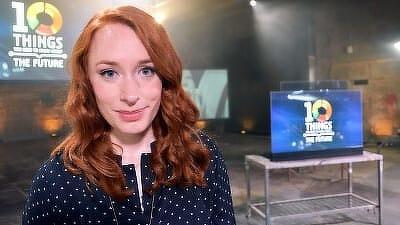
The show takes a look at the scale of the problem of space junk featuring first-hand accounts from astronauts and experts.
s54e10 / Are Health Tests Really A Good Idea?
12th Aug '15 - 9:00pm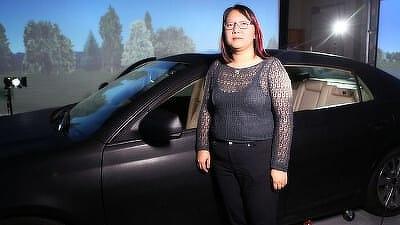
Michael Mosley has a variety of health tests currently available to people who feel perfectly well conducted on himself as he attempts to find out which of the tests are worth doing.
s54e11 / First Britons
19th Aug '15 - 9:00pm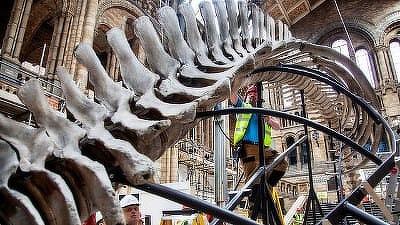
The show looks at how some new archaeological discoveries are tevealing a different picture of the very first native Britons.
s54e12 / OCD: A Monster in My Mind
26th Aug '15 - 9:00pm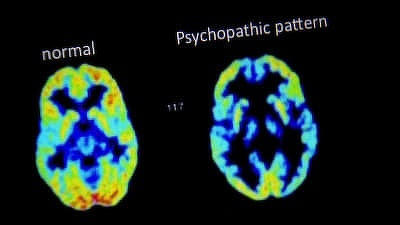
The show talks to different people living with OCD and also looks at the therapy available and asks what neuroscience can offer by way of a cure.
s54e13 / Which Universe are We In?
2nd Sep '15 - 9:00pm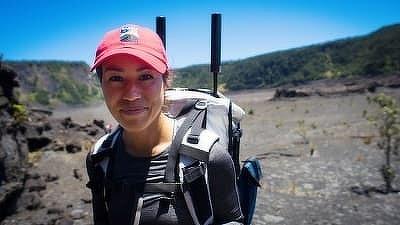
Until quite recently the whole idea of the multiverse was dismissed as a fantasy, but now this strangest of ideas is at the cutting edge of science. The show asks the question if multiple universes do really exist and which one are we actually in.
s54e14 / Cosmic Dawn: The Real Moment of Creation
9th Sep '15 - 9:00pm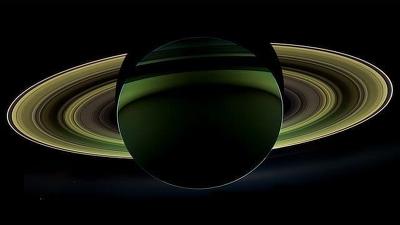
The show takes a look at the real moment of creation known as the Cosmic Dawn, the moment of first light.
s54e15 / Are Video Games Really That Bad?
16th Sep '15 - 9:00pm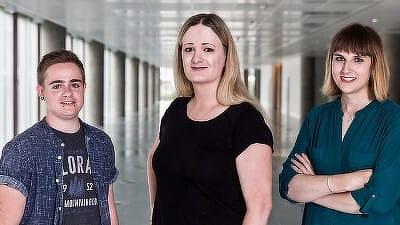
The video game industry is a global phenomenon. There are over 1.2 billion gamers across the planet, with sales projected soon to pass 0 billion per year. But their very popularity fuels the controversy that surrounds them. They frequently stand accused of corrupting the young - of causing violence and addiction. But is this true?
Horizon reveals a scientific community deeply divided. Some are convinced that video games incite aggression. Others insist they have no effect whatsoever on real-world violence. But away from the controversy, there is a growing body of evidence that suggests video games may help keep the brain sharp, and could soon revolutionize how we combat mental decline as we age.
- View Season 1 Episodes
- View Season 2 Episodes
- View Season 3 Episodes
- View Season 4 Episodes
- View Season 5 Episodes
- View Season 6 Episodes
- View Season 7 Episodes
- View Season 8 Episodes
- View Season 9 Episodes
- View Season 10 Episodes
- View Season 11 Episodes
- View Season 12 Episodes
- View Season 13 Episodes
- View Season 14 Episodes
- View Season 15 Episodes
- View Season 16 Episodes
- View Season 17 Episodes
- View Season 18 Episodes
- View Season 19 Episodes
- View Season 20 Episodes
- View Season 21 Episodes
- View Season 22 Episodes
- View Season 23 Episodes
- View Season 24 Episodes
- View Season 25 Episodes
- View Season 26 Episodes
- View Season 27 Episodes
- View Season 28 Episodes
- View Season 29 Episodes
- View Season 30 Episodes
- View Season 31 Episodes
- View Season 32 Episodes
- View Season 33 Episodes
- View Season 34 Episodes
- View Season 35 Episodes
- View Season 36 Episodes
- View Season 37 Episodes
- View Season 38 Episodes
- View Season 39 Episodes
- View Season 40 Episodes
- View Season 41 Episodes
- View Season 42 Episodes
- View Season 43 Episodes
- View Season 44 Episodes
- View Season 45 Episodes
- View Season 46 Episodes
- View Season 47 Episodes
- View Season 48 Episodes
- View Season 49 Episodes
- View Season 50 Episodes
- View Season 51 Episodes
- View Season 52 Episodes
- View Season 53 Episodes
- View Season 54 Episodes
- View Season 55 Episodes
- View Season 56 Episodes